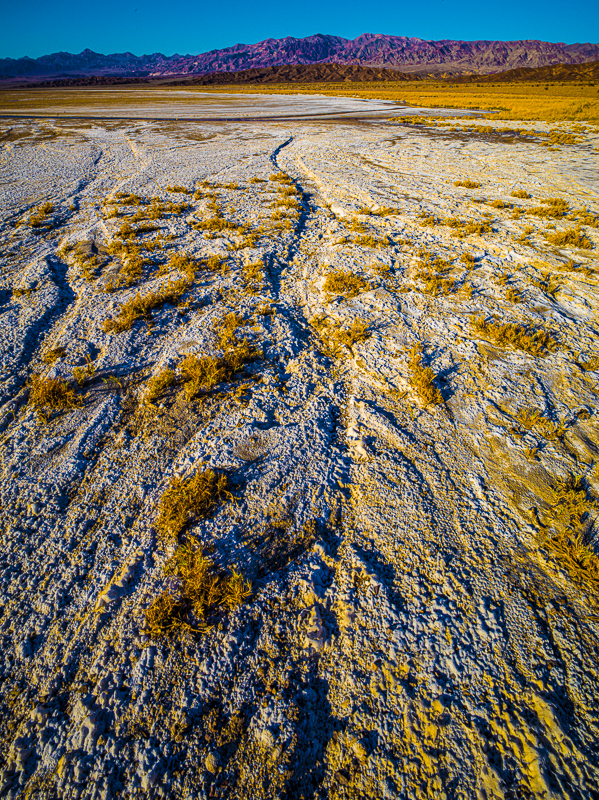ACEI and ARB medications for hypertension in COVID-19
A recently released two month study from Wuhan China shows that taking ACEI (lisinopril, ramipril, benazepril, etc.) and ARB (losartan, valsartan, olmesartan, etc.) medications for high blood pressure was NOT associated with more severe outcomes if you needed to be hospitalized for COVID-19.
This is an important piece of information as speculation occurred early in the epidemic that these medications may be associated with more severe outcomes, because the virus attached to a receptor on the wall of cells affected by these drugs.
It is reassuring to have confirmation that these medications do not place those of us taking them at higher risk for the severe complications of COVID-10.
How long does social distancing take to reduce the number of new cases of COVID-19?
Recent data from Wuhan China shows that two weeks of quarantine and social distancing virtually stops the virus from spreading. This correlates with the fact that it can take up to two weeks after exposure to become ill.
It also shows that this type of social change makes a difference in slowing the spread of this (and probably) any infectious disease.
These results also mirror the information from Colorado and nationally.
So what about COVID-19 in individuals under age 18?
Although it is known that the death rate in individuals is very low in those less than 18 years of age, who contract COVID-19, and that most deaths are reported in those at or under age 1, we don’t know much more.
A review of the pediatric literature, released this week in JAMA Pediatrics reviewed the available information and confirms that most individuals under age 18 have milder symptoms. They also admit the experience of COVID-19 patients under age 18 has been less well explored than in the older age groups.
Although they may be less likely to become ill and even less likely to die, they can still transmit the disease to those over age 18.
hydroxychloroquine off the list of treatment options?
Despite its theoretical benefits, there are now a growing number of comparison studies showing that people who take hydroxychloroquine when hospitalized are not protected from dying or needing ventilator support.
You may rightly ask, “But does it help those of us who have acquired COVID-19 and don’t need hospitalization?” The available studies to date only show NO BENEFIT in hospitalized patients. So the answer to the question is, “We don’t know.”
At present hydroxychloroquine administration is limited to those of us who need hospitalization.
Dr. Gipson


I love to read your information showing your talents as a Doctor & I love to see your photographs showing your talents as a Photographer. Thank you for staying connected with pertinent information & photos to lift our spirits!
Thank you for your kind words! I always hope it helps in some way, whether medically or aesthetically.
Thank you, I learn something new every time I receive your updates! Your thoughts, insights, and expertise are greatly appreciated!!
Thank you! and stay well!
Dr. G; Thanks for your time and effort.
I have seen some stuff recently about invermectin as a covid treatment. Have you seen anything about it?
Yes, it is one of the drugs that inhibits replication of the SARS-CoV2 virus in the test tube. But I have not seen any word of human trials at this time.
I can’t translate the concentrations used in the test tube study to know if the drug could be administered in safe doses in humans to achieve effectiveness without doing harm first.
Here’s a good basic science study to help if you can’t get to sleep. https://www.sciencedirect.com/science/article/pii/S0166354220302011